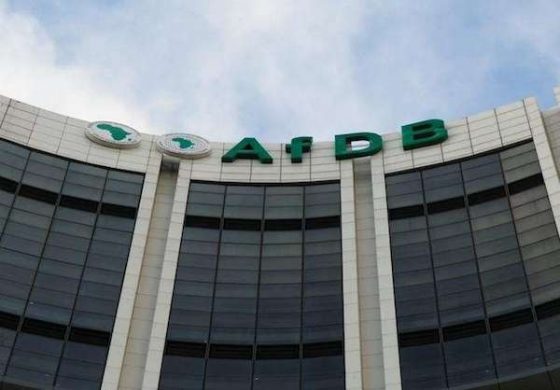The African Development Bank (AfDB), has estimated that Sub-Saharan African countries will require between $68 billion to $108 billion annually to the bridge their current infrastructure financing gap.
The Bank made this projection in a statement hoisted on its website and sourced by our correspondent on Friday.
The President of the AfDB Group, Dr. Akinwumi Adesina, was quoted as giving this estimate when the Secretary of the United States Treasury, Janet Yellen, hosted G-7 ministers and heads of multilateral development banks.
Adesina said the development finance institution had committed more than $44 billion to infrastructure financing across the continent in the last six years.
He explained: “The 44 billion dollars was channeled toward developing critical areas like transportation, energy, water, and sanitation on the continent.
“I propose eight solutions to bridge Africa’s infrastructure finance gap, which includes project preparation and mobilizing institutional investors.
“Other solutions are improving public financing for infrastructure, mobilising financing for green infrastructure, attracting the private sector, and dealing with risks, among others”, the AfDB President added.
According to him, some of the institutional investors, including pension funds, Sovereign Wealth Funds, and insurance companies have huge resources to scale up the continent’s infrastructure financing need and advised the governments to explore their channels for infrastructure financing.
Adesina, who also disclosed that the bank’s board had also approved a new PPP framework for financing infrastructure in the continent, said that collectively, the institutions with commercial banks held $103 trillion of assets under management.
He clarified: “This pool of capital is so vast that what is needed is only 0.03 per cent or up to 0.04 per cent to bridge the infrastructure financing gap for Africa. Multilateral development banks should take early-stage investment risks in the project development phase.”
The development finance banker, therefore, charged African governments to focus more on attracting the private sector to infrastructure financing needs of their various countries.
To ensure this, Adesina stressed that the governments must improve the policy, legal, and regulatory environment to support Public Private Partnership (PPP) investments in key infrastructure needs in the continent.






